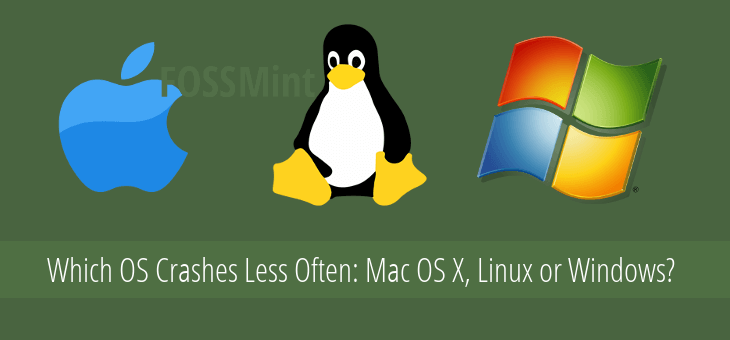

Now you have Java 8, 11, 14 and 15-EA available. Neat! It has other nice features, so check the website for more documentation. So, once you have these settings, jEnv will switch to whatever version makes most sense, based on the priority above and based on where you are. JEnv uses shim binaries and also manipulates the JAVA_HOME environment variable for you automatically. Set a Java version for the current shell.Set a Java version for the current directory/project you are in.Set a Java version for your overall system.JEnv has excellent features especially for those constantly using terminals. Repeat the command jenv add for all other 3 versions.

Once you have SDKMAN! installed and configured, you will type: Let's see how we get them to play ball together… What you don't know is that you can combine them. In my opinion, the ideal way is by combining two open source tools that exist already for quite some time and you may already know at least one of them. For advanced users, it may be the best choice. I'll leave this to you to dig the internet for solutions, if you prefer the manual way. The main problem? You may simply forget to call the script/function, and be hit with some UnsupportedClassVersionError to then only realize what's wrong. Solutions for this would include using bash scripts, bash functions, and so on.
#LINUX VS WINDOWS VS MAC OS UPDATES UPDATE#
But then you have to always verify and update JAVA_HOME to point to the one you really want for this and for that project.
#LINUX VS WINDOWS VS MAC OS UPDATES INSTALL#
You can go after your JDK vendor-of-choice website and download binaries, and install them all manually (or even better just extract them to some folder like $user/jdks and be done with it. This article is to help you through that process. Installing, managing, and switching between JDKs in your computer is no easy task these days where the majority of developers are still on Java 8, while a good chunk is now moving to Java 11. If you, like me, have to deal with multiple projects at different stages, like one being legacy, another one being the latest, and another one being a library or tool consumed by users also using different versions of Java, then you have a small Multiple JDK problem, assuming you only care for one vendor of JDK otherwise, you have a Matrix JDK problem.


 0 kommentar(er)
0 kommentar(er)
